

This March, Square Enix announced that Final Fantasy XI would be receiving the first of three updates intended to wind up the story of Vana’diel and bring closure to the 13 year old game. While XI will continue on for as long as it remains financially viable, I couldn’t help but feel a profound sadness at the idea of Final Fantasy finally winding down one of its most epic entries in its great legacy.
Final Fantasy XI was eclipsed by the massively successful single player titles, but those who spent any amount of time in Vana’diel will tell you that XI is the hidden treasure of the franchise. A story that spanned decades and a world that is as rich in storytelling as any novel, XI will certainly be missed—if only by tens of thousands. This week, in honor of this great game, we’re counting down the things that Final Fantasy XI does right and what other modern MMOs could stand to learn.
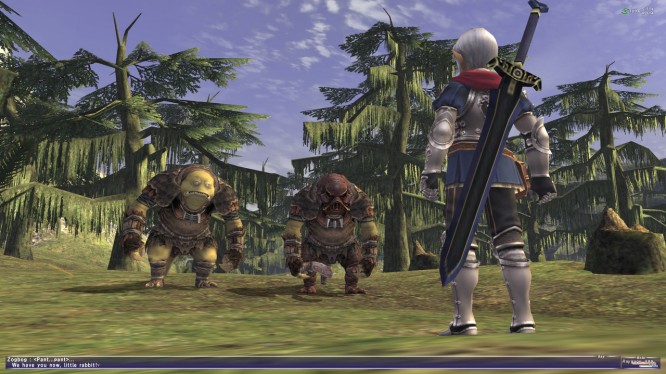
Final Fantasy XI represents a time when MMOs weren’t so eager to please. Nowadays, most games are more than willing to throw a steady stream of rewards at the player, if only as a way to keep audiences hooked and playing. XI came from a different time, when players were less entitled, demanding, and ultimately easier to please.
I’m by no means defending the gruelling grind that XI certainly is, but I cannot help admiring how Square Enix managed to create a world where everything you accomplished was a feat worthy of having a song written about it.
Take for example the infamous artifact armor; the equipment that would finally make your character look representative of their job. In XI, this armor is the reward for a difficult, multi-layered quest that leads players all over Vana’diel. Earning each piece is a thrilling and rewarding experience. In Final Fantasy XIV, that same armor is pretty much handed to you upon reaching a certain level.
That isn’t meant to knock XIV down a peg, but illustrate the shift in mentality in the development and community of MMOs. Final Fantasy XI might be overbearing with its grind, but it is also one of the few games where each and every inch of progression you make in the world feels hard won. And because of that, you also feel so much more attached to your character.
There is a tangible sense of growth in FFXI, and it can be measured in memories and experiences. Everyone who played will fondly remember their trek to the central city of Jeuno, a journey that was fraught with danger. But the relief of seeing the city in the distance was only punctuated by the satisfaction of later travelling back to those dangerous zones you ran through, and no longer having to fear them in quite the same way.
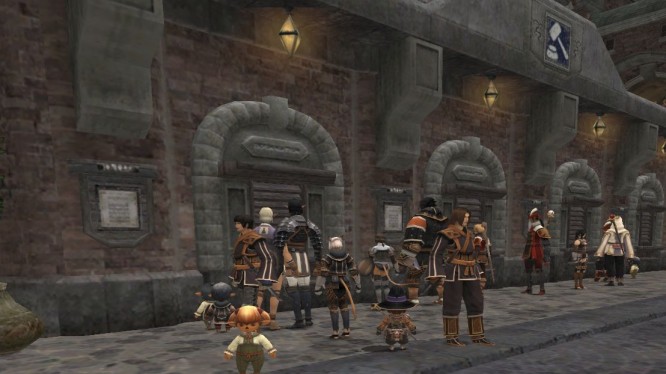
It’s no secret that many MMOs today have become exceedingly risk averse. Developers have set out to create playgrounds, with strict rules that always aim to ensure that players are having the best time. It’s a noble goal, sure, but it’s also created an incredibly bland playing experience that appeals to lowest common denominators.
Final Fantasy XI created a world that is harsh and threatening, and then transplanted that world into a game that isn’t afraid to punish the player. One of the most infamous mechanics in XI is punishing death by having players lose a portion of their earned experience.
Final Fantasy XI is a truly multiplayer title, and those seeking a solo experience would be sorely disappointed. Recent changes have made soloing a lot more viable, but at its heart XI has always been about teamwork. Just about every veteran could regale you with stories about the endless hours spent in Valkrum Dunes grinding crabs with a party. But what’s important to remember about this is that, while grinding crabs was somewhat dull, it was the catalyst that created some of the most intense bonds of friendship seen in an online world.
The community of XI is incredibly close, and it’s because all of them were forged in the fires of Vana’diel. It is dangerous to go alone, so take someone with you.
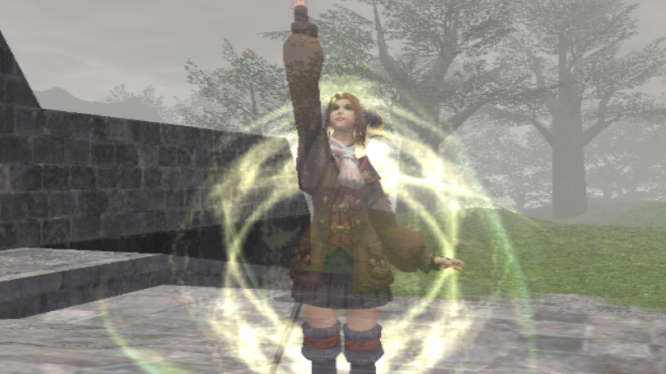
Most modern MMOs treat magic as a purely combat oriented mechanic. The repertoire of skills that mages can employ are only really good at one thing: killing. Throwing a meteor at a monster’s head is awesome—don’t get me wrong, but XI is notable for having a magic system that extended well beyond combat.
There is a wealth of nuance to how magic works in Final Fantasy XI, from mages being able to teleport players around the world, to casting utility spells like invisibility and sneak. Those two spells alone have a whole realm of possible uses and are immensely valuable to just about everyone. It creates a sense that characters exist outside of their combat potential, and a mage is far more useful than just a healer or damage dealer. They are valued members of society, needed to get around quickly and help in a wide avenue of pursuits.
Furthermore, magic spells aren’t earned by becoming a higher level, but many spells have to be bought or found within the world. The Blue Mage is a perfect example of this, as they need to siphon abilities from the monsters that use them, forcing Blue Mages on long quests to track down beasts for their powerful spells.
Spellcasting isn’t just a way to take numbers off of a monster’s health bar, it was a whole system unto itself.
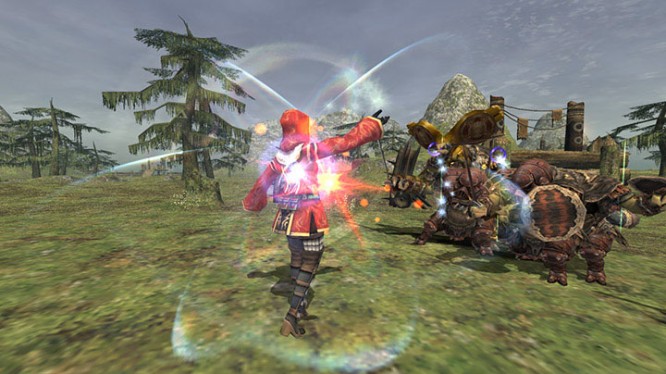
If there is one thing Final Fantasy should be remembered for, it is the job system. When it was introduced in the original Final Fantasy, it was a fairly cursory system, but overtime it has grown into one of the most meaningful innovations in RPGs. What was really a game-changer however, was when the system was married to the design of an MMORPG. From a developer and player perspective, the job system is genius. It allows players the freedom to experiment and experience a huge range of playstyles without the tedium of creating a new character. On the developer side, it incentivizes people to replay the same content but with a different job, extending the life of the game without stretching it as thin.
XI also lived up to tradition by expanding on the system through the introduction of subjobs—secondary jobs that augmented your primary one. Subjobs took the whole system and cracked it wide open, giving players an enormous playing field of combinations.
The job system is also notable for how expertly it dealt with classes. In most MMOs, classes will have their own flavor, but many are heavily chained to the trifecta of tank, damage dealer, and healer. XI builds on the trifecta, but explores it in ways that haven’t really been replicated since. Jobs are more than just different styles of combat, they have character and usefulness outside of fighting as well. We already talked about how nuanced magic is, but that isn’t even taking into account job abilities like thieves and their knack for picking locks.
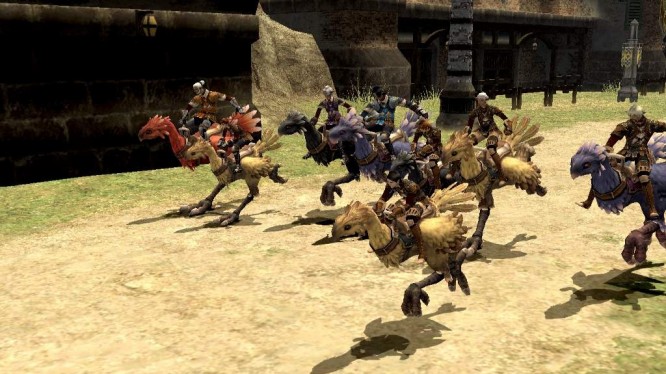
You look at Final Fantasy XI now and you see a game that has aged well beyond its years. The graphics are crummy, the interface is antiquated, and controlling your character isn’t very intuitive. For reference, when I last played I was using the number pad on my keyboard to control the game. My number pad.
But underneath aging design is a game that was an absolute pioneer of technical innovation back in its golden years and is possibly the only game to have ever successfully bridged Microsoft and Sony platforms in a singular world.
Players on PC, Ps2, and Xbox 360 could all enjoy Vana’diel and weren’t segregated to their own little corners like so many games today. At the time, this was unheard of, but Final Fantasy XI, the little game that could, managed to do just that. Even better, Nexon has plans to release the game for iPads in 2016, and while Square has announced that they will be discontinuing support for Ps2 and 360 versions, depending on how it all lines up Final Fantasy XI might be the only game playable on iPad, Ps2, PC, and 360.
Final Fantasy XI is far from perfect, but it is also a game that is bold and fearless in an industry where so many play it safe. Keep in mind, when XI was launched, there wasn’t a playbook for MMO design like there is today. But it isn’t what Final Fantasy XI does right that will always hold a special place in my heart, it’s how each of these systems were fundamental in creating a community that cared deeply about the game. You just don’t see that kind of passion anymore, and for that, when Final Fantasy XI finally closes its doors years from now, it will be truly missed.
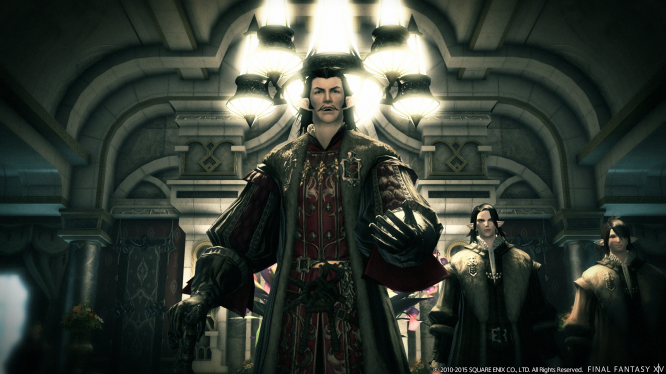
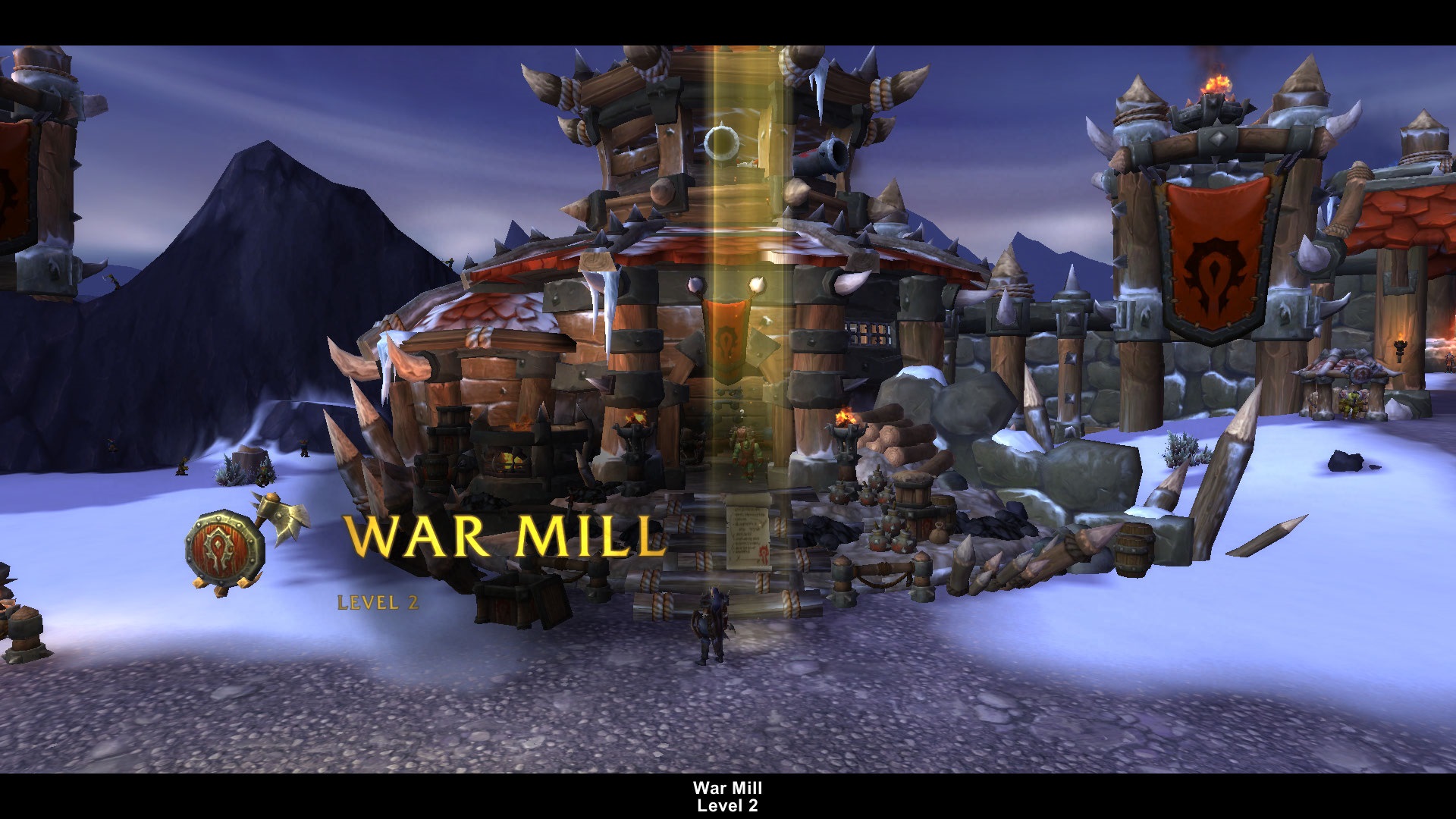
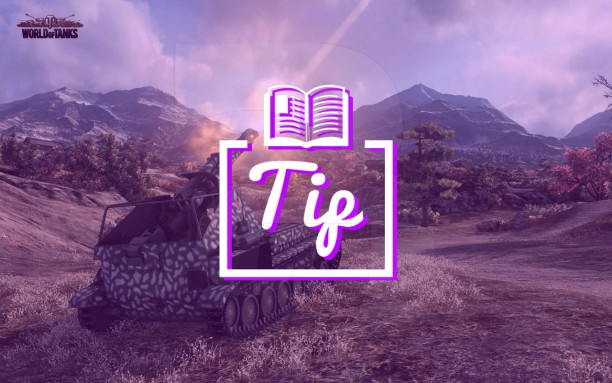
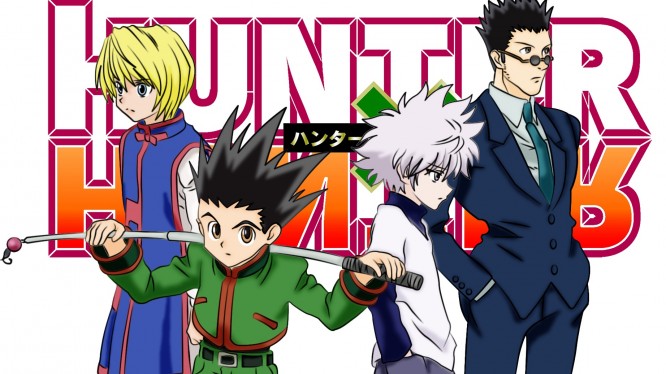
 MOBA Monday: More Holiday Events in League of Legends and DotA 2 .
MOBA Monday: More Holiday Events in League of Legends and DotA 2 .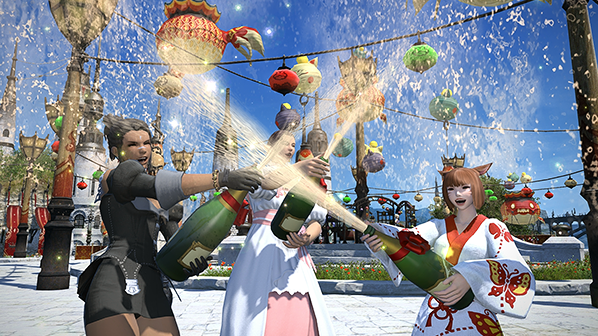 Final Fantasy XIV: One Year After Resurrection .
Final Fantasy XIV: One Year After Resurrection . Is H1Z1 too much like DayZ and is that an issue? .
Is H1Z1 too much like DayZ and is that an issue? .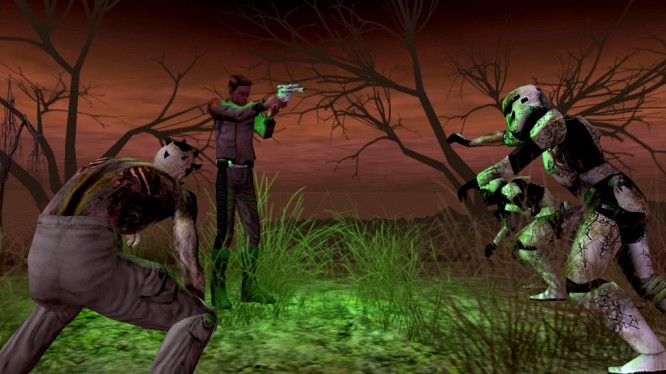 Games Like: Star Wars Galaxies .
Games Like: Star Wars Galaxies .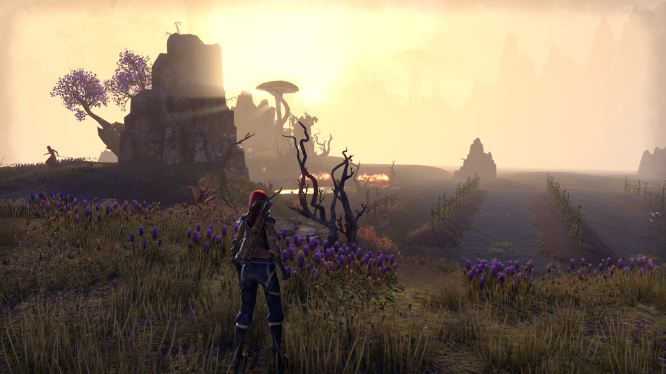 Games Like: Guild Wars 2 .
Games Like: Guild Wars 2 .